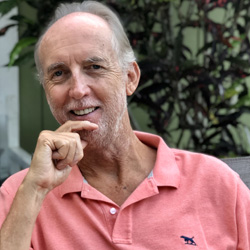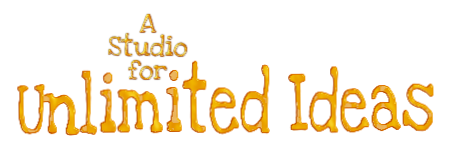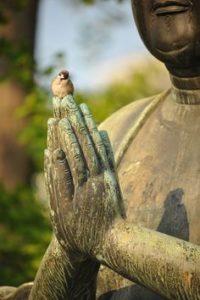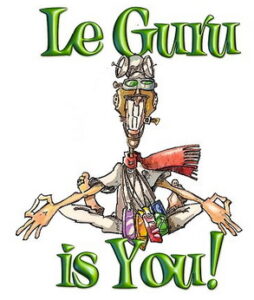To use the world well, to be able to stop wasting it and our time in it, we need to relearn our being in it.Skill in living, awareness of belonging to the world, delight in being part of the world, always tends to involve knowing our kinship as animals with animals. Darwin first gave that knowledge a scientific basis. And now, both poets and scientists are extending the rational aspect of our sense of relationship to creatures without nervous systems and to non-living beings — our fellowship as creatures with other creatures, things with other things.
Relationship among all things appears to be complex and reciprocal — always at least two-way, back-and-forth. It seems that nothing is single in this universe, and nothing goes one way.
In this view, we humans appear as particularly lively, intense, aware nodes of relation in an infinite network of connections, simple or complicated, direct or hidden, strong or delicate, temporary or very long-lasting. A web of connections, infinite but locally fragile, with and among everything — all beings — including what we generally class as things, objects.Descartes and the behaviorists willfully saw dogs as machines, without feeling. Is seeing plants as without feeling a similar arrogance? One way to stop seeing trees, or rivers, or hills, only as “natural resources,” is to class them as fellow beings — kinfolk.
I guess I’m trying to subjectify the universe, because look where objectifying it has gotten us. To subjectify is not necessarily to co-opt, colonize, exploit. Rather it may involve a great reach outward of the mind and imagination.Science describes accurately from outside, poetry describes accurately from inside.Science explicates, poetry implicates. Both celebrate what they describe. We need the languages of both science and poetry to save us from merely stockpiling endless “information” that fails to inform our ignorance or our irresponsibility.
Ursula K LeGuinn
Thank you to the Marginalian for this find

For over 30 years Paul Reynolds has collected and shared inspiration from a wide variety of sources. This stream of inspiration embraces the philosophy that we are loved and supported every moment. You are invited to send in your favorite inspiration to be featured as well as share the ones you find here.



